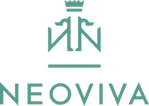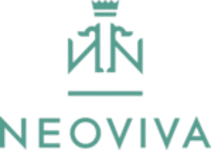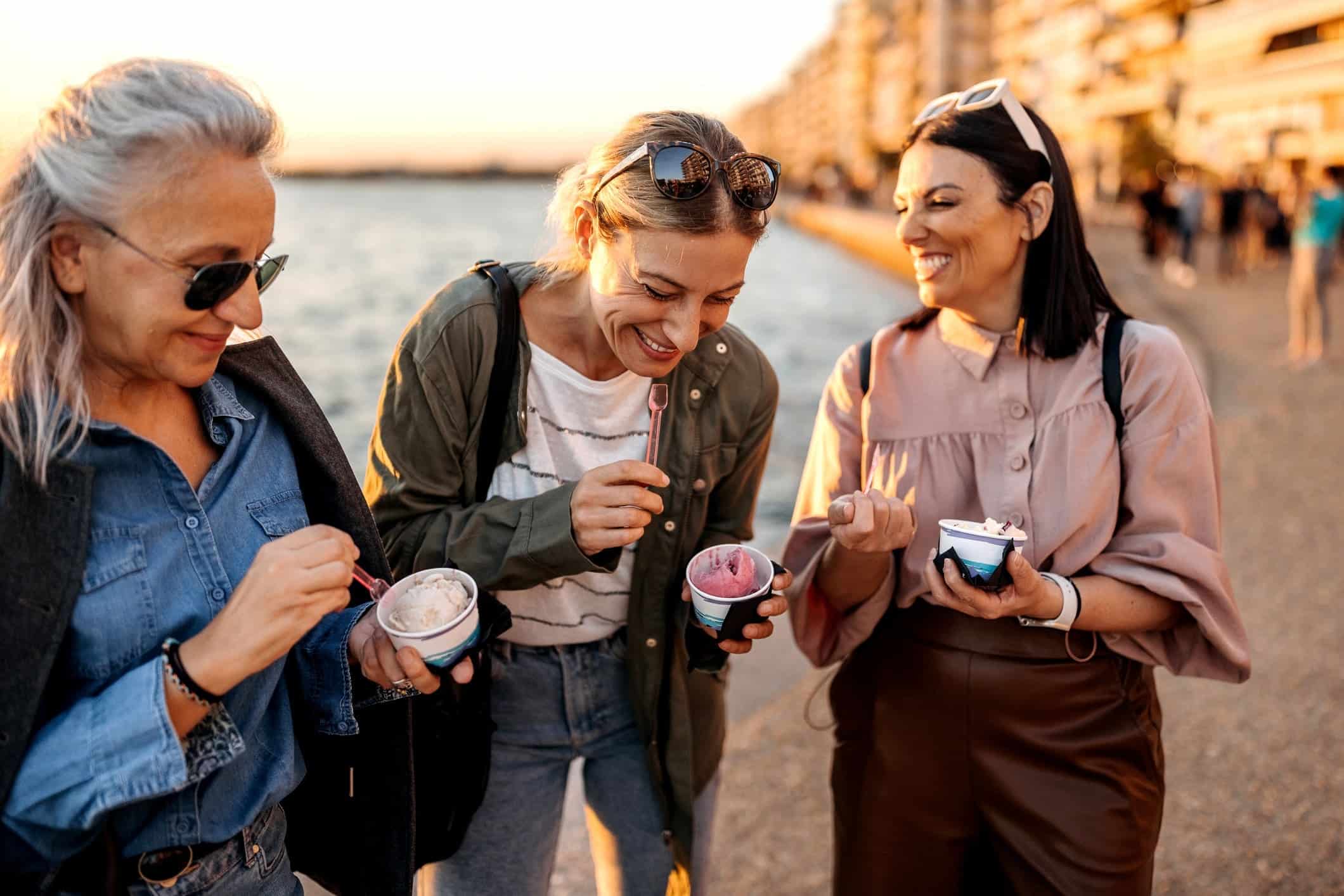Sober travel is a wonderful way to spend your holidays, discover the world, meet new people, and create many memorable moments. However, for anyone in recovery, travelling can present several challenges. Even a minor slip while away can follow you home and turn into a major setback in your recovery process. Find out more about how to travel without alcohol while never losing sight of your sobriety.
For many of us, travelling for pleasure represents an exciting venture outside our comfort zone. We seek to broaden our horizons by embracing new experiences and immersing ourselves in cultures of far-flung countries. And while alcohol may have once been your sole source of courage and confidence to face the world, sobriety has restored your healthy yen for “what’s out there”. If you, however, are in the early stages of recovery, the thought of embarking on your first trip without alcohol may be daunting. Or perhaps you’ve been sober for a while but received an invitation to an overseas shindig, like a beach wedding or a best man’s holiday, that evokes anxiety at the mere thought.
Be mindful not to let your fear of what MIGHT happen get in the way of what you WANT to happen: your ultimate goal is likely to have the time of your life, to feel authentic, present, and prepared to engage in sober and exciting activities!
To assist you, we’ve compiled 10 tips on how to plan a trip that aligns with your recovery goals and coping skills.
1 – What you want is what you get
First and foremost, before you even begin searching the internet for “best travel destinations,” remind yourself of your three recovery goals: 1) maintaining your sobriety, 2) maintaining your sobriety, and 3) yes, maintaining your sobriety. Ensure that your travel companions are aware of your top priority and that they are willing to assist you in navigating around potential triggers while travelling together.
Visualise and concentrate on the experiences you hope to have during your journey. Steer clear of stereotypical images involving sipping cocktails in beach bars while contemplating fiery sunsets. Resist giving in to FOMO (Fear of Missing Out), but if it does rear its ugly head, remember that a pang of FOMO is far less painful than the potential consequences of a relapse.
2 – Places NOT to go
This may sound quite obvious, but it’s better to offer safe advice than regret it later: avoid travel destinations that are either notorious for their party scenes, like Cancún or Malta, or renowned for their local alcohol production, such as Napa Valley or the French Champagne region. Instead, consider opting for a wellness retreat with invigorating yoga and meditation sessions. Alternatively, explore the wi(l)de array of adventurous activities that the great outdoors has in store for you, such as scuba diving, backpacking, glamping, whitewater rafting, or rock climbing. Who needs additional substances for excitement when you can team up with nature?
3 – Plan ahead
While it is highly unlikely that you would be inclined to hail a cab out of the blue, rush to the airport, buy a ticket to who-knows-where, and off you go, we advise you to have a well-thought-out travel plan in place and organise your days in advance. We are not talking about a minute-by-minute spreadsheet itinerary, but rather a list of carefully chosen and scheduled actions and activities, such as:
- Accommodation: Contact your hotel in advance and ask them to remove any alcohol from the mini-bar.
- Airports & Flights: Stay away from airport bars. Planes, too, can be triggering, particularly during a stressful long-haul flight when the beverage cart is repeatedly pushed toward you. Our advice: make the most of the in-flight entertainment system and have a well-stocked air travel toolkit ready, including a tablet full of books, podcasts, or music to help you focus on yourself instead of alcohol consumption; your own water bottle and snacks to keep dehydration and hunger at arm’s length.
- Morning activities: Whether it’s a morning yoga session, a jungle hike, a walking safari, or an early-bird-rowing workout – no matter what the morning has in store for you, make sure it’s something you are genuinely looking forward to. This way, it will be much easier to turn in early the night before instead of considering checking out the local nightlife scene.
- Alternatives for night owls: If you insist on exploring the nightlife of your travel destination at least once during your stay, remember that “having fun at a party” does not equal “drinking at a party.” Instead of a drink, why not indulge in the wonderful elixirs of music and dancing? Or check out the many cultural after-hours events, such as theatres, readings, stand-up comedy, or gallery events that shape urban life and will keep you busy and booze-free.
4 – Discover non-alcoholic traditions
While most countries take pride in having at least one alcoholic “national beverage” – whiskey for the Scots, Champagne and wine for the French, beer for the Germans – they also often embrace delicious non-alcoholic traditions. Consider the UK or Asian countries with their traditional tea, Italy with its delicious coffee culture, or India with its refreshing lassi. It’s a simple and flavorful way to experience sober travel!
5 – Take a break (or two. Or three.)
As exciting as travelling is, your holiday should not be an around-the-clock affair. Resting and recharging are crucial in recovery, so make sure to take regular breaks to relax and check in with yourself. Treat yourself to a spa day, go shopping, or simply indulge in a nice, long nap.
6 – Don’t overthink it
Allow yourself time for spontaneity and to go with the flow. An open mindset, free from constant reminders of “I should” and “I need to,” not only shields you from stress but also protects you from disappointment if and when something turns out differently than planned.
7 – Pack your routines
Routines that support your recovery at home will continue to be beneficial when you are travelling. Therefore, remember to take at least some of those routines with you. Build in time during your day for them, whether it is a pre-breakfast swim, reading the papers cover to cover after lunch or an outdoor tai chi session in the afternoon. Whatever helps, whatever works.
8 – Stay supported
Even though you might genuinely look forward to exploring new cultures, finding yourself in unfamiliar situations can still trigger feelings of stress and/or anxiety. That is why you should stay connected with your trusted support community back home, be it your sponsor, therapist, or a sober friend who will regularly check in with you to see how well you are managing. Another way to stay supported is to attend local meetings or recovery groups, which can easily be found online. They offer a great opportunity to meet locals who can give you sound advice on sober activities in the area.
9 – Sober travel companies
Why do it all by yourself when you can hire a pro? By choosing a sober travel organisation, you can leave the planning to the experts and be sure that the recovery-based trip takes into account all the needs of a sober traveller.
Continuing Care with NEOVIVA
At NEOVIVA, we provide vital recovery services to assist you in maintaining lifelong sobriety. Our comprehensive aftercare programme supports you at every step of your recovery journey, whether you are at home or away. For more information on our after-treatment options, please reach out to our Client Relations Team.




0 Comments